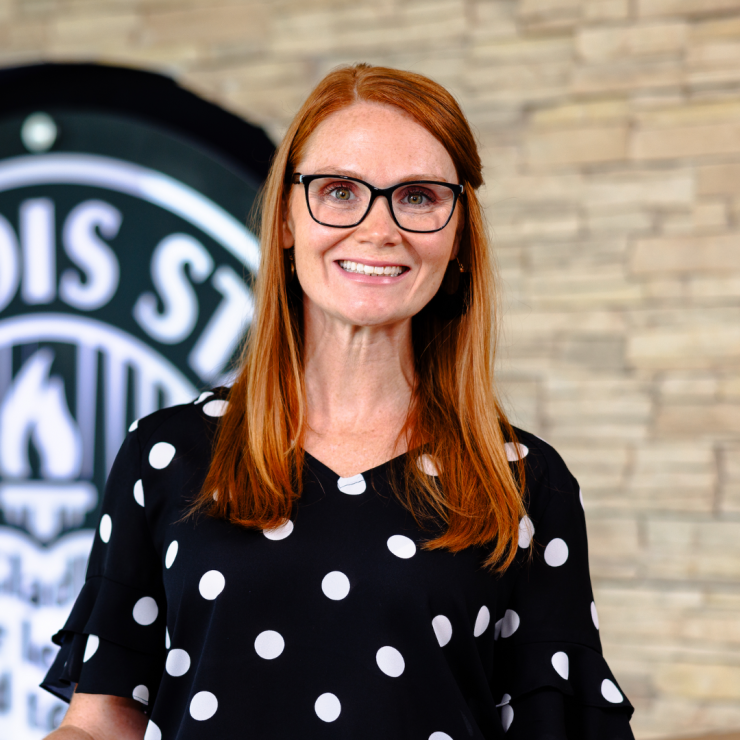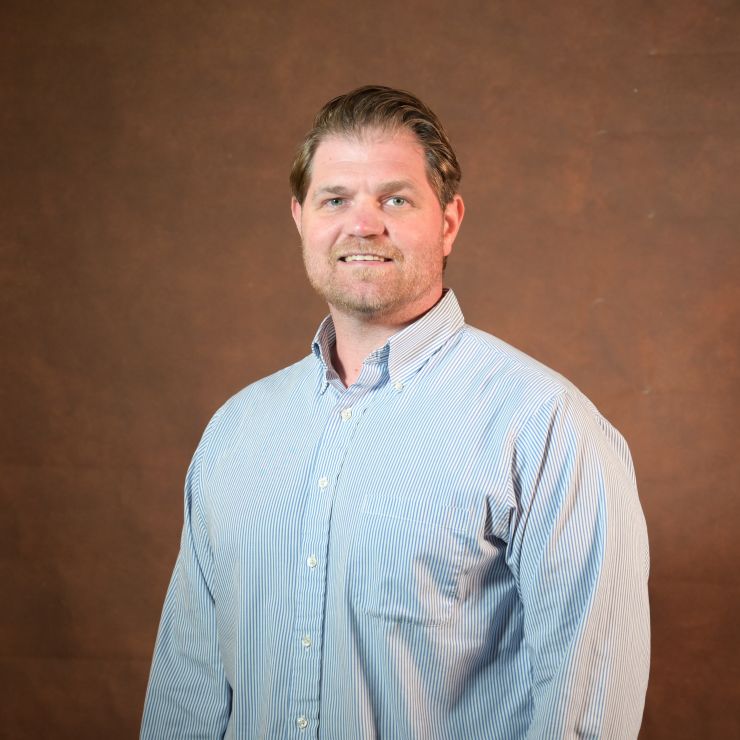Achieving a professional certification can be a pivotal moment in any individual’s journey. It’s a testament to one’s advanced knowledge, dedication, and commitment to ongoing learning. Preparing to get certified may also require navigating conversations with supervisors or senior leaders to seek support, understanding, and guidance. Understandably, those considering Student Affairs Educator Certification may feel apprehensive or uncertain about initiating these conversations. In this blog post, we draw upon the experiences of two of our Certification Ambassadors, Kari Murphy, CSAEd-FSL (Assistant Dean of Sorority and Fraternity Life, Illinois State University) and Justin Sipes, Ed.D., CSAEd, CSAEd-FSL (Director, Office of Experiential Learning, University of North Florida), who graciously shared insights into their approaches to these conversations and the advice they have for those considering applying themselves.


Both Justin and Kari utilized their certification results to discuss opportunities for professional growth with their supervisors. Justin and his supervisor brainstormed various job duties, committee memberships, and meeting involvement opportunities to enhance his skills and broaden his experiences, all aligned with his career aspirations. Justin said that his exam result reports “provided a structure for us to talk about professional development” and created an additional level of accountability in annual evaluations. Similarly, Kari and her supervisor used her certification results to create a roadmap for professional growth, identifying areas of strength and areas needing support through ongoing learning. This transparent communication allowed for the collaborative design of a personalized professional development plan tailored to Kari's specific needs and goals.
Through both their experiences connecting with supervisors and leadership about certification, Justin and Kari emphasize the importance of being open with supervisors about why certification is important and how it can benefit you and the significance of this new opportunity in the field of student affairs. Justin suggests everyone have a conversation up front to talk about their “why” for certification. “I wish I would have,” he said. “Once I did have that conversation, it went much easier than expected. My supervisor was extremely supportive. He understood my rationale for seeking certification and celebrated it by sharing the news with senior leadership within the division.” Both Justin and Kari emphasize that applicants might need to help educate their supervisors about the certification process and its significance if they are unfamiliar. Kari also said that highlighting the ongoing education involved in maintaining certification could be beneficial in these conversations, noting that the continuing education requirement is “an opportunity for us to lean into professional development in more intentional and truly ongoing ways.”
Navigating conversations with supervisors about certification can be both empowering and anxiety-inducing for individuals. However, as Justin and Kari's experiences demonstrate, open communication, education, and advocacy can pave the way for constructive dialogue and support. Kari noted that she hopes senior leaders in student affairs can understand and embrace certification’s positive impact on individual educators, their work, and their organizations, stating “I believe this certification elevates my work by allowing me to be intentional and more universal in my professional development, which in turn impacts my work, the students, and the university community I serve.”